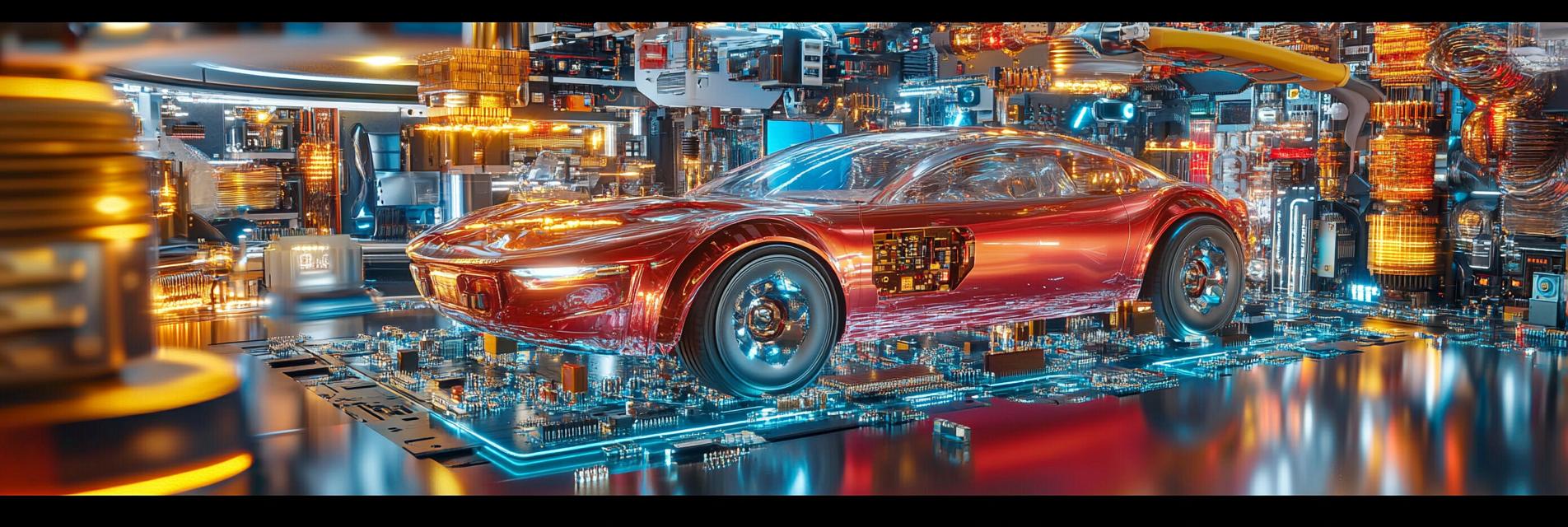As the electric vehicle (EV) industry accelerates in growth and innovation, the need for advanced manufacturing solutions becomes increasingly critical. One such solution is the use of PCBA templates, which are instrumental in streamlining the production of automotive electronics. This article delves into the various applications of PCBA templates within this dynamic sector, highlighting their contributions to efficiency and reliability.
PCBA, or Printed Circuit Board Assembly, templates are designed to facilitate the assembly process of PCBs used in electronic devices. These templates provide a framework that helps manufacturers accurately place components on a circuit board, reducing errors and enhancing the assembly speed. This efficiency is particularly vital in the automotive industry, where precision and reliability are paramount.
In the realm of electric vehicles, PCBA templates are utilized in several key areas:
Battery Management Systems (BMS) are crucial for ensuring the safety and efficiency of EVs. PCBA templates allow for precise assembly of the intricate circuits involved in monitoring battery performance, charge levels, and health, ultimately contributing to the longevity and reliability of electric vehicles.
Power electronics control the flow of electrical energy within the vehicle. The use of PCBA templates ensures that these components are assembled with high accuracy, facilitating efficient energy conversion and management, which are essential for the performance of electric vehicles.
Modern electric vehicles are equipped with advanced infotainment systems that require reliable electronic components. PCBA templates enhance the assembly process for these systems, enabling manufacturers to create user-friendly interfaces that improve the driving experience.
The integration of PCBA templates in the production of electric vehicle components not only boosts manufacturing efficiency but also ensures the reliability of automotive electronics. As the industry continues to evolve, embracing such advanced manufacturing techniques will be crucial for meeting increasing consumer demands and achieving sustainable growth in the electric vehicle market.

